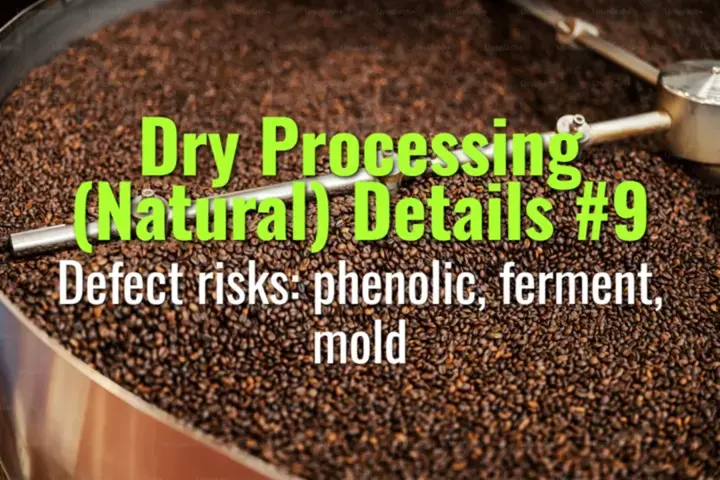
Defect risks: phenolic, ferment, mold
This topic explains the main defect risks in natural (dry) coffee processing—phenolic, ferment, and mold defects—how they arise, and strategies for prevention.

This topic explains the main defect risks in natural (dry) coffee processing—phenolic, ferment, and mold defects—how they arise, and strategies for prevention.
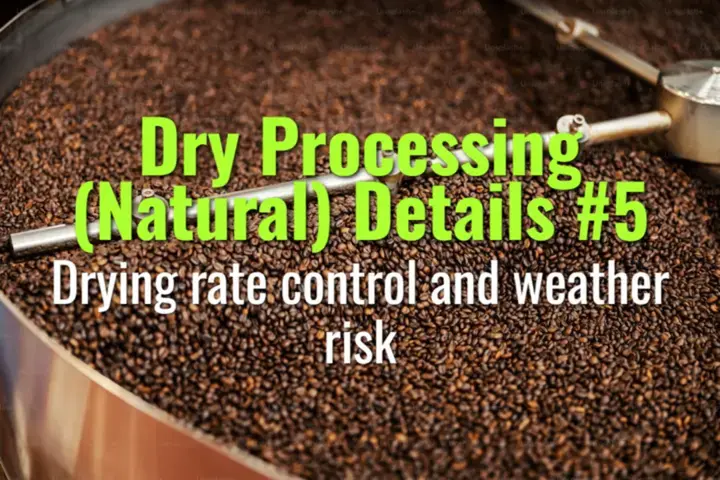
This topic explains how controlling the drying rate and managing weather risks are essential in natural (dry) coffee processing to ensure stability, flavor quality, and defect prevention.
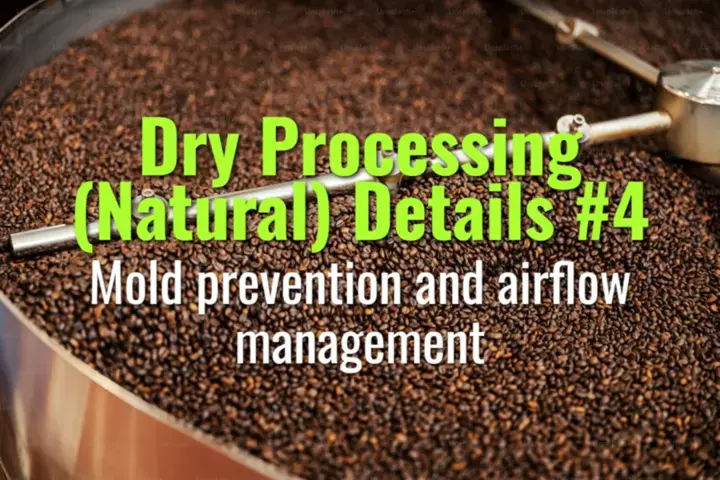
This topic explains how mold prevention and airflow management are critical in natural (dry) coffee processing, and the best practices farmers use to keep beans clean, safe, and high-quality.
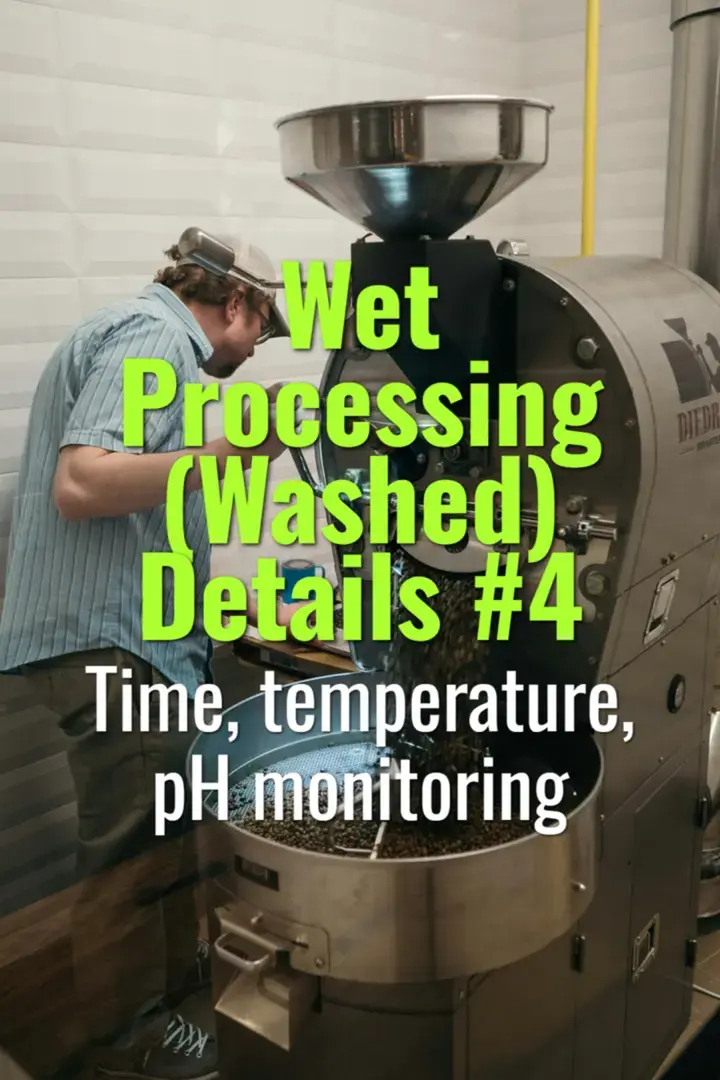
This topic explains how monitoring time, temperature, and pH during washed coffee fermentation ensures consistent quality, prevents defects, and enhances flavor outcomes.
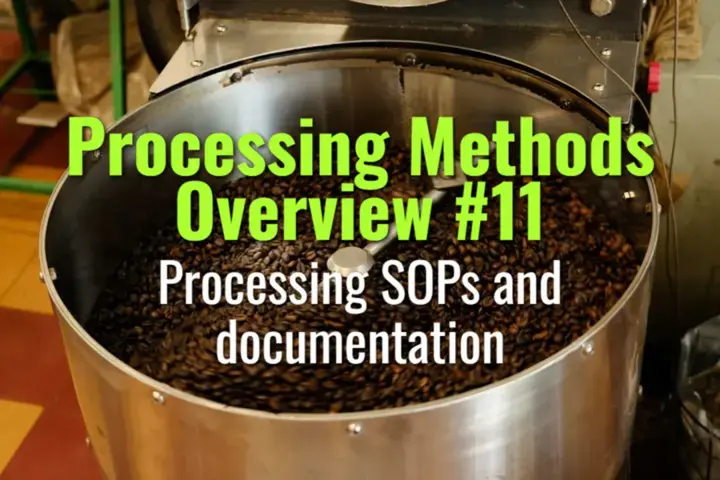
This topic explains the role of standard operating procedures (SOPs) and documentation in coffee processing, showing how they ensure consistency, traceability, and quality control across farms and mills.
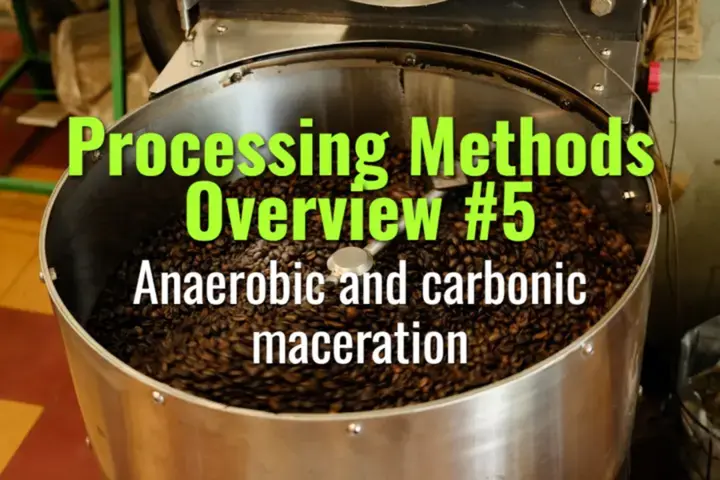
This topic explores the innovative coffee processing methods of anaerobic fermentation and carbonic maceration, their techniques, flavor outcomes, and significance in the specialty coffee industry.